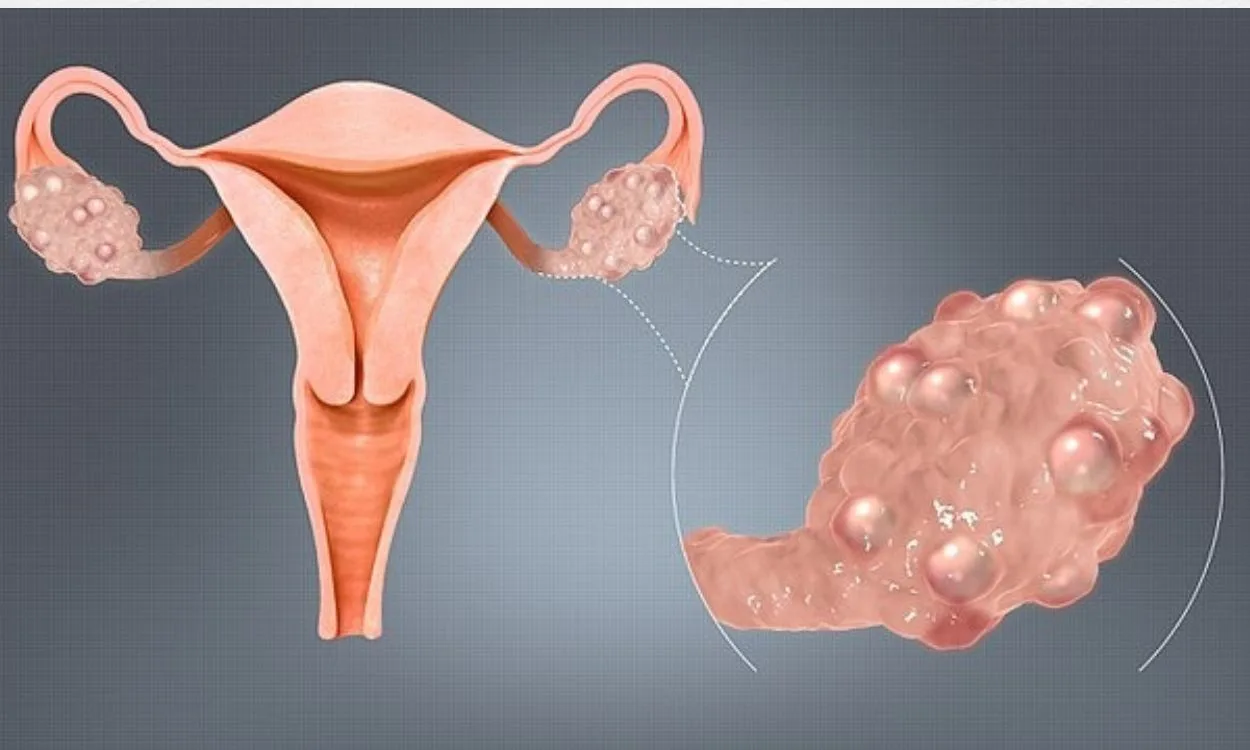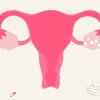How PCOD Influences Androgen Production
Polycystic ovary syndrome (PCOS) is a common endocrine disorder among women of reproductive age, characterized by hormonal imbalance, irregular menstruation, and the development of small cysts on the ovaries. One of the key hormonal imbalances associated with PCOS is the overproduction of androgens, primarily testosterone, which can have a significant impact on a woman’s health and well-being.
Understanding PCOS and Androgen Production
PCOS disrupts the normal function of the ovaries, leading to an imbalance in the production of sex hormones. In women with PCOS, the ovaries may produce higher-than-normal amounts of androgens, which are typically considered male hormones. This overproduction of androgens can lead to a variety of symptoms, including:
1. Irregular Menstrual Cycles
The hormonal imbalance in PCOS can disrupt the normal menstrual cycle, leading to irregular periods or a lack of menstruation altogether. This is often caused by the lack of ovulation, which is a key feature of PCOS.
2. Hirsutism and Acne
Excess androgens can lead to the development of male-pattern hair growth (hirsutism) and acne in women with PCOS. This can be distressing and impact self-esteem and confidence.
3. Insulin Resistance
Many women with PCOS also experience insulin resistance, which can lead to high levels of insulin in the blood. Insulin resistance is linked to the overproduction of androgens, creating a feedback loop that exacerbates the hormonal imbalance.
4. Fertility Challenges
Due to irregular ovulation and hormonal imbalances, women with PCOS may experience difficulties getting pregnant.
Managing Androgen Production in PCOS
Lifestyle Modifications
- Dietary Changes: A balanced diet focusing on whole foods, low glycemic index carbohydrates, and healthy fats can help manage insulin levels and reduce androgen production.
- Exercise: Regular physical activity can improve insulin sensitivity and help regulate hormone levels.
- Stress Management: Stress reduction techniques such as yoga, meditation, and breathing exercises can help in managing androgen levels.
Medical Interventions
- Oral Contraceptives: Birth control pills can help regulate menstrual cycles and reduce androgen production.
- Anti-Androgen Medications: These medications can help reduce the effects of androgens on the body, addressing hirsutism and acne.
- Metformin: This medication is often prescribed to manage insulin resistance, which can indirectly impact androgen levels.
The Fitpaa Solution
The impact of PCOS on androgen production and the associated symptoms can be challenging to manage. Fitpaa, an end-to-end AI-driven metabolism monitoring and management technology, offers a personalized approach to addressing the health and fitness goals of individuals, including those affected by PCOS.
Fitpaa’s Approach to PCOS Management
- Metabolism Assessment: Fitpaa’s technology assesses the individual’s metabolism, identifying root causes and providing insights into the impact of PCOS on metabolic health.
- Personalized Fitpaa Capsule: A team of fitness coaches, nutritionists, and doctors collaborates to create a personalized plan that considers the individual’s metabolism, health goals, and lifestyle, addressing the specific challenges posed by PCOS.
- Real-time Guidance: Fitpaa’s real-time guidance technology incorporates habit-building and cognitive behavioral therapy to provide support and motivation for following the personalized plan, which can be especially beneficial for individuals managing PCOS-related symptoms.
In conclusion, PCOS significantly influences androgen production, leading to a range of symptoms that can impact a woman’s physical and emotional well-being. With a comprehensive understanding of PCOS and its effects on androgen production, individuals can explore personalized approaches to management, such as the innovative solutions offered by Fitpaa, to improve their overall health and quality of life. For those seeking a holistic and technology-driven approach to managing PCOS and achieving their health and fitness goals, the Fitpaa app presents an opportunity for personalized support and guidance.
To experience the transformative potential of Fitpaa and its specialized approach to PCOS management, download the Fitpaa app and embark on a journey towards improved metabolic health and holistic well-being. With a commitment to personalized care and guaranteed results, Fitpaa aims to empower individuals, including those affected by PCOS, to achieve their health and fitness goals with confidence and support.









